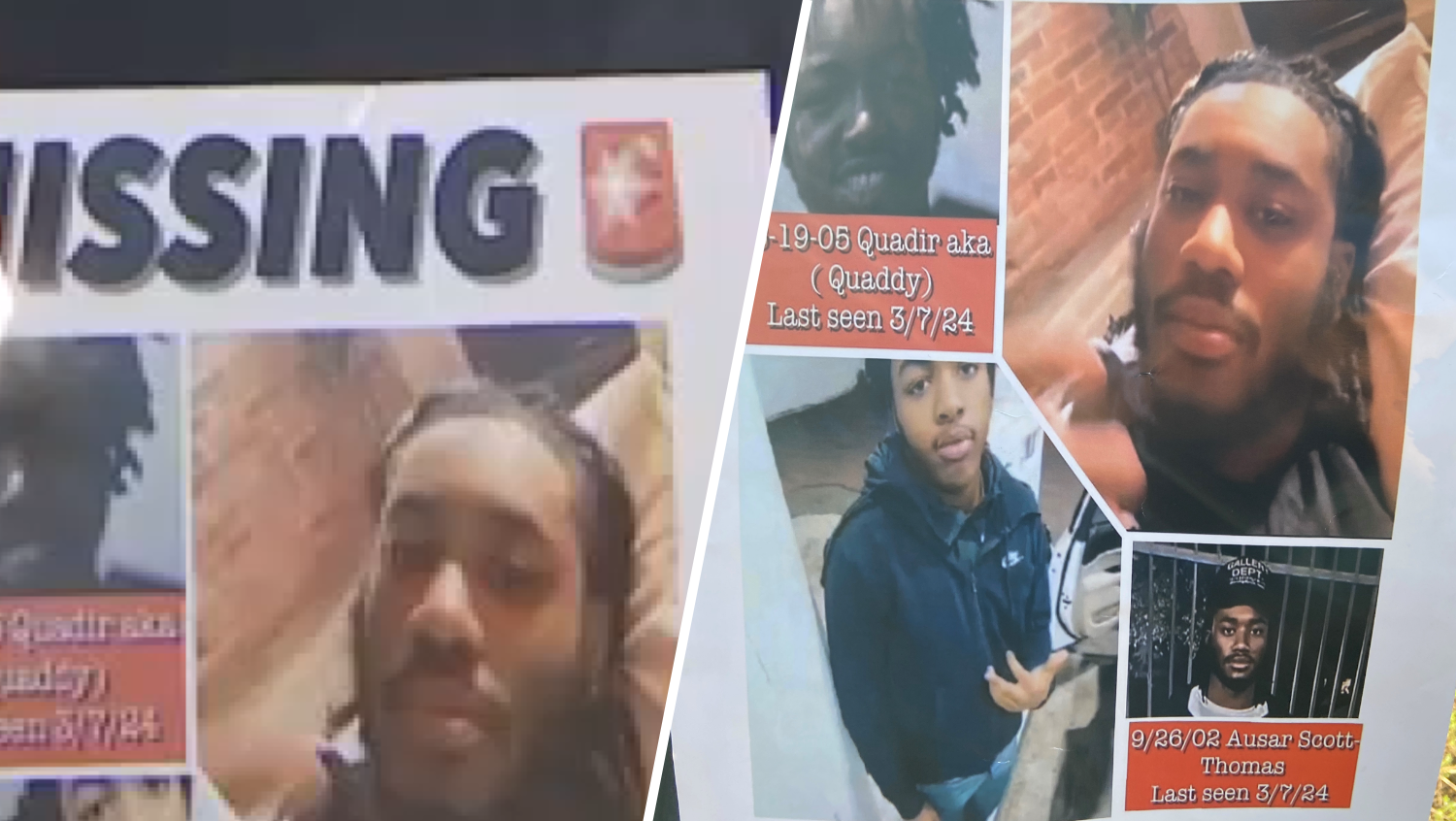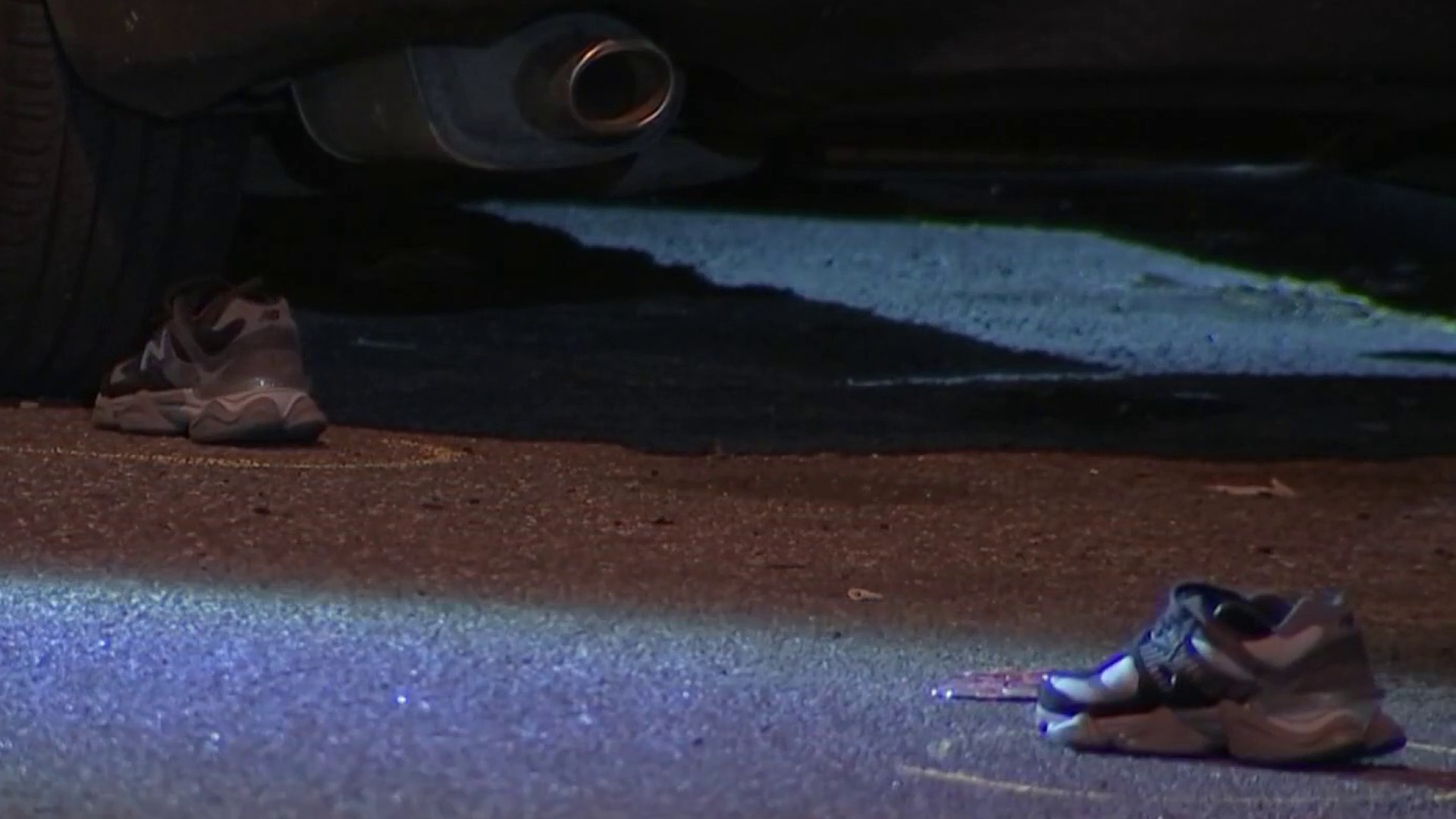A federal appeals court on Friday kept alive a lawsuit brought by Mumia Abu-Jamal, who was convicted in the killing a Philadelphia police officer in 1981, that alleges his rights were violated when he was denied hepatitis C drugs.
The 3rd U.S. Circuit Court of Appeals upheld a lower-court decision that Corrections Department employees were not immune to being sued over their decisions regarding Abu-Jamal.
Abu-Jamal, 65, who is serving a life sentence in the Pennsylvania prison system, says the initial denial of treating him with two anti-hepatitis drugs violated his constitutional right to be free from cruel and unusual punishment.
He previously won a court order that required the prison system to provide the drugs.
His lawyer, Bret Grote, said Friday that the treatment was successful.
A Wolf administration spokesman said the newly issued opinion was under review and noted the decision did not conclude the litigation.
On Friday, the three-judge federal panel ruled there are sufficient grounds at this point to support his claim that he was denied appropriate treatment for a nonmedical reason — its high cost.
Local
Breaking news and the stories that matter to your neighborhood.
"Our ruling here should not be read to rule out the possibility that the department defendants may, at a future stage of the litigation, be able to establish either a lack of medical consensus at relevant points as to the appropriate procedures surrounding hepatitis C treatment or that there were 'medical reasons' for adherence to the protocol," wrote Judge Patty Shwartz.
In November, the Corrections Department announced it was moving to settle a separate lawsuit by providing a prescription drug treatment regimen for prisoners who suffer from chronic hepatitis C infections.
That deal called for the state to provide direct-acting anti-viral drugs, giving priority to those with the most serious conditions. The department said last year the average per-patient treatment cost was about $20,000.
Abu-Jamal, an inmate at the State Correctional Institute-Mahanoy, is a former Black Panther convicted of the slaying of Officer Daniel Faulkner, who had just pulled over Abu-Jamal's brother.
Abu-Jamal spent most of his decades behind bars on death row before his sentence was reduced in 2011 to life without parole. He was recently granted a new appeals hearing.
He tested positive in 2012 for the hepatitis C antibody, and three years later was rushed to a hospital twice in three months, Shwartz wrote. He repeatedly asked to be treated with two anti-viral drugs, but a prison system committee rejected his request.
Abu-Jamal sued in May 2015, and a federal judge ordered him to be treated with the two drugs. The latest appeals court decision concerns a lawsuit he filed in 2017 that alleges violation of his 8th Amendment protection from cruel and unusual punishment.
A trial date has not been scheduled.



